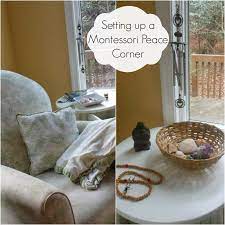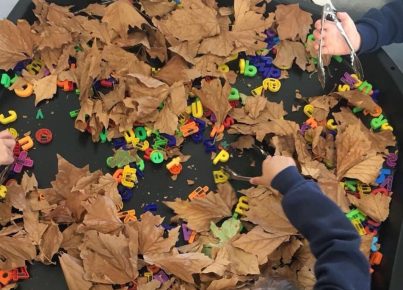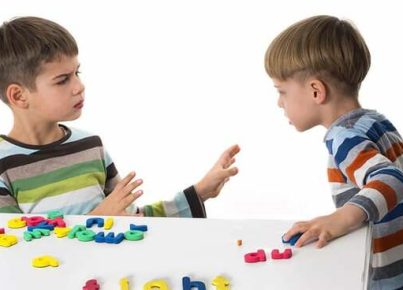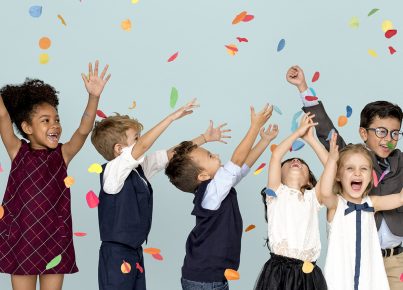The Montessori Peace Table, also known as the Peace Corner, is a unique component of Montessori classrooms that embodies the educational philosophy’s commitment to fostering a harmonious and respectful community. This space is designated for children to resolve conflicts, reflect on their feelings, and learn how to peacefully interact with their peers.
The concept of the Peace Table is rooted in Maria Montessori’s belief that education should not only impart academic knowledge but also cultivate the values of peace and social understanding. To achieve this, she envisioned an environment where children could learn conflict resolution skills in a tangible way.
In practice, the Peace Table is often a small, inviting area set apart from the general hustle and bustle of the classroom. It may feature comfortable seating, such as cushions or child-sized chairs, and calming elements like plants or a tranquility fountain. The area is sometimes decorated with symbols of peace—a globe, peace sign, or doves— to reinforce its purpose.
When conflicts arise between students, they are encouraged—if not required—to go to the Peace Table. There, they take turns expressing their feelings and listening to one another. The goal is for the children to arrive at a mutual understanding and resolution without the direct intervention of an adult. This practice not only helps them develop important interpersonal skills but also empowers them with the confidence that they can solve problems themselves.
Furthermore, the Peace Table isn’t solely for conflict resolution. It serves as a serene spot where any student can take time away from classroom activities to have moments of quiet reflection or emotional self-regulation. This aspect of the Peace Table helps nurture self-awareness and self-control among young learners.
The presence of a Peace Table or Corner extends beyond just individual conflicts; it plays a part in creating an overall atmosphere of respect and kindness within the classroom setting. It stands as a constant reminder that every member of the community has both the right to be heard and the responsibility to listen.
Implementing this tool reflects Montessori’s vision for education—where intellectual development is complemented by moral growth. The Peace Table fosters an environment where children learn lifelong skills such as empathy, negotiation, patience, and respect for others—an invaluable lesson in any educational setting.





